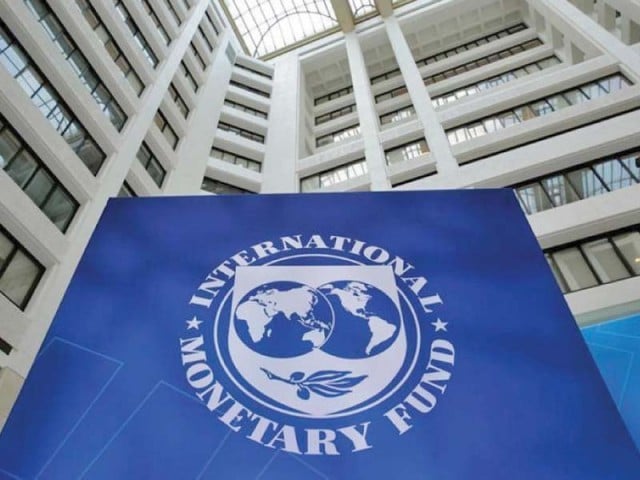PM’s aide going to attend IMF meetings just days before budget
PM’s aide going to attend IMF meetings just days before budget

ISLAMABAD: Prime Minister Shahid Khaqan Abbasi has decided to send his finance aide to attend spring meetings of the International Monetary Fund (IMF) in a bid to assess the mood in Washington before Pakistan makes a decision on whether to seek another bailout.
The decision to send Dr Miftah Ismail, Adviser to Prime Minister on Finance, to Washington hardly 10 days before the announcement of budget signifies the importance of the move. Ismail would go to Washington on April 18 on a three-day visit, according to officials.
The government will present next fiscal year’s budget on April 27, about five weeks ahead of the original schedule as the government’s constitutional term is going to end in the first week of June.
The new democratic government is expected to be installed in August. By that time, Pakistan’s gross official foreign currency reserves are projected to reach dangerously low levels due to a yawning current account deficit.
Pakistan’s external account is currently under stress and the country is facing a financing gap of roughly $8 billion to meet its immediate international obligations, said sources. Pakistan’s foreign currency reserves have already dropped to $11.6 billion, which are barely sufficient to cover two months of import bill.
This has raised speculation that the country will have to seek another IMF bailout package between June and September this year.
Ismail confirmed to The Express Tribune that he would attend spring meetings of the World Bank and the IMF. However, he categorically denied that he would initiate bailout talks with the IMF. “We do not have a plan to get the IMF programme at this stage,” he said.
Sources said the sole purpose of the adviser’s visit was to gauge the mood of the US treasury and the IMF management. The IMF has assessed Pakistan’s gross financing needs at $24.5 billion for the current fiscal year and at a record $27 billion for the next year.
It said the widening current account deficit and rising external debt servicing, in part driven by the China-Pakistan Economic Corridor (CPEC)-related outflows, were expected to lead to higher external financing needs.
Pakistan was also trying to seek financial assistance from a few friendly countries to ease pressure off the external account that was fast eating up the foreign currency reserves.
In times of political transition, it was unlikely that any country would help Pakistan steer out of the crisis, particularly China and Saudi Arabia, said Haroon Sharif, a senior economist who remained regional adviser to the World Bank Group. He suggested that before going to the World Bank-IMF meetings, the finance adviser should hold consultations with mainstream political parties to have a better game plan.
Talks for the September 2013 $6.2-billion bailout programme had begun in April 2013 during the IMF-World Bank spring meetings by the caretaker setup. However, at that time, the caretaker government had political support from the mainstream political parties including the PML-N, PTI and PPP.
This had helped the PML-N government to join dotted lines within three months of coming to power. The difference between 2013 and now was the mood in Washington and domestic preparation for the bailout programme. Sources in the finance ministry said the government did not have a game plan.
Experts said any adventure in the absence of a well thought-out plan would expose the country to many political risks. A hostile mood in Washington would also make it difficult for Pakistan to get a better deal like the one it got in 2013. The only IMF recommendation that Pakistan has so far implemented is the depreciation of the rupee against the US dollar.
Sources said the finance ministry would be in a better position to talk with the IMF during next Article-IV consultations with the lender, which may take place in a couple of months.
Currently, the finance ministry’s top bureaucracy is struggling to handle the complex fiscal and external account challenges due to the lack of expertise of some senior team members.
Without strong political ownership, the IMF may also not like to enter into formal programme negotiations, according to people having knowledge of the IMF staff thinking.
Comments
Post a Comment